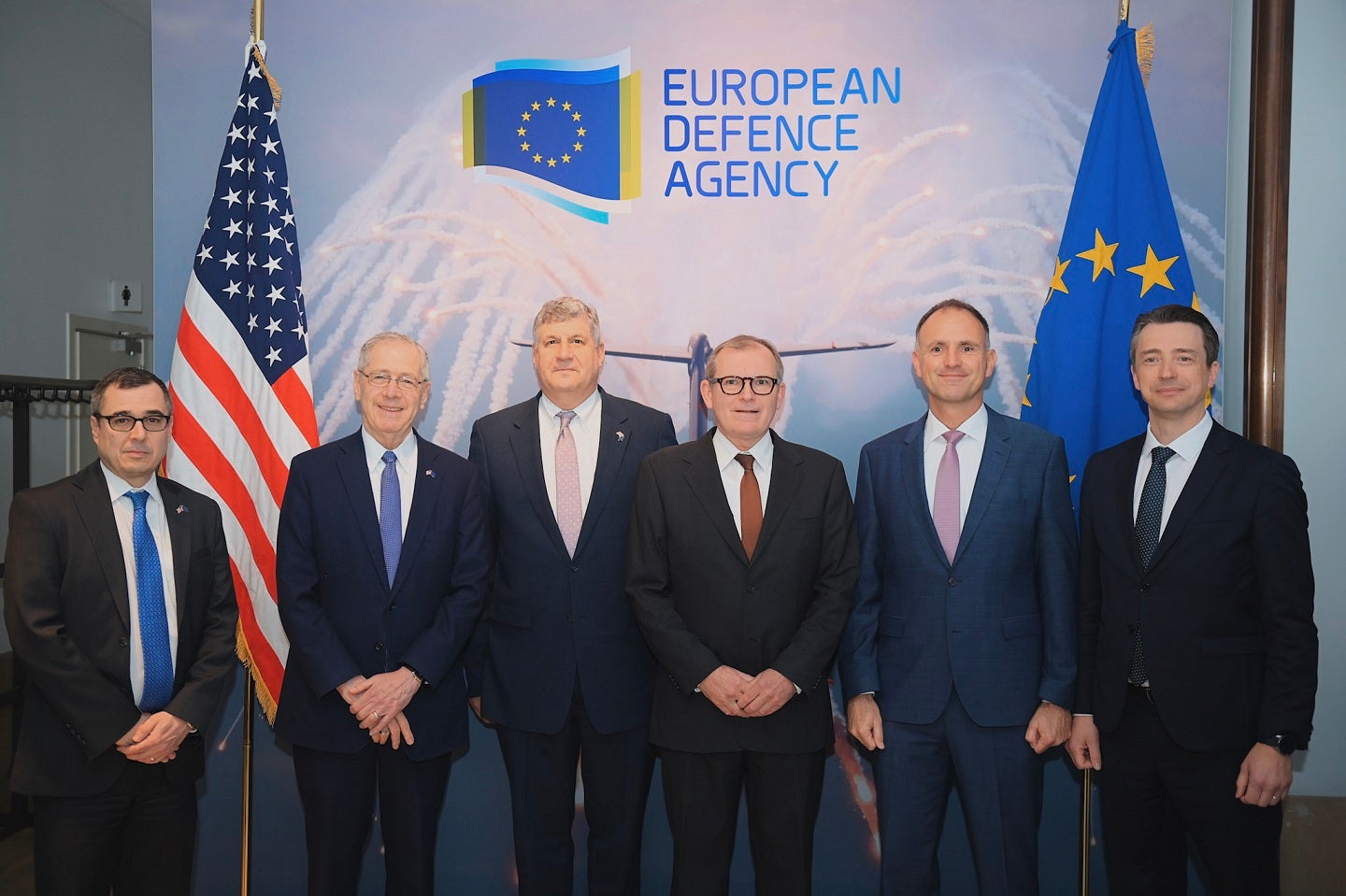
The US Department of Defense (DoD) and the European Defence Agency (EDA) formalised a framework for defence co-operation through the signing of an administrative agreement (AA) on 26 April 2023.
The EDA-DoD AA provides for stronger transatlantic cooperation in defense in specific areas, including in the exchange of information.
The AA was signed in Brussels by Jiři Šedivý, EDA Chief Executive, and Dr. William LaPlante, Under Secretary of Defense for Acquisition and Sustainment.
Head of the EDA, High Representative, Vice-President Josep Borrell, said: “At a time when war has returned to Europe, we need to open every avenue for co-operation with our closest partners.
“The EDA-US administrative arrangement provides another pillar to strengthen transatlantic co-operation and the link between the EU and the US. The European Defence Agency, as the hub for EU defence co-operation, plays a unique role in raising our level of defence co-operation and contributing to make the EU a stronger defence actor and partner.”
The two parties agreed to a framework of greater dialogue and institutional integration.
A forum of exchange and dialogue will convene on topics within the EDA’s remit, and invitations for the DoD to attend relevant meetings of EDA’s steering board, and for the EDA to attend meetings convened by the DoD as appropriate.
Likewise, activities of co-operation include consultations on the impact of EU registration, evaluation, authorisation and restriction of chemicals (REACH) regulation; military mobility; supply chain issues; and the impact of climate change on defence. It also allows for DoD participation in the open session of European defence standardisation committee.
Plastering over the Eurosplit
The EDA-DoD AA follows a policy divide on the European continent, as charactersied by the Polish prime minister, Mateusz Morawiecki, at an Atlantic Council event on 13 April.
Morawiecki split up Ukraine’s Euro-Atlantic supporters into three groups: English-speaking countries, central and eastern European countries (minus Hungary), and the rest of western Europe (mainly France and Germany).
He asserted that the third group were an outlier, stating the group’s two fundamental differences in policy. First, that the group made “a dramatic mistake of close energy co-operation with Russia and now their position toward Ukraine is not the same as the United States or Poland”. Second, that its “wake-up call to China is very soft [and] very weak”.
The AA marks a milestone in the collective policy of confronting Russia and China as a global problem for all nations. It also demonstrates how the US, and Europe more surprisingly, are actively pursuing a collective policy, which judging from the recent European divide, was not likely to occur.
The AA also follows the recent posture taken by Borrell, the EDA chief, in which he called for a greater European naval presence in the Taiwan strait, in order for the EU to contribute deterrence efforts against China.
While Morawiecki and Borrell may celebrate the greater transatlantic co-operation, others such as the French president Emmanuel Macron will consider this as submitting to US authority in Europe’s foreign affairs.







